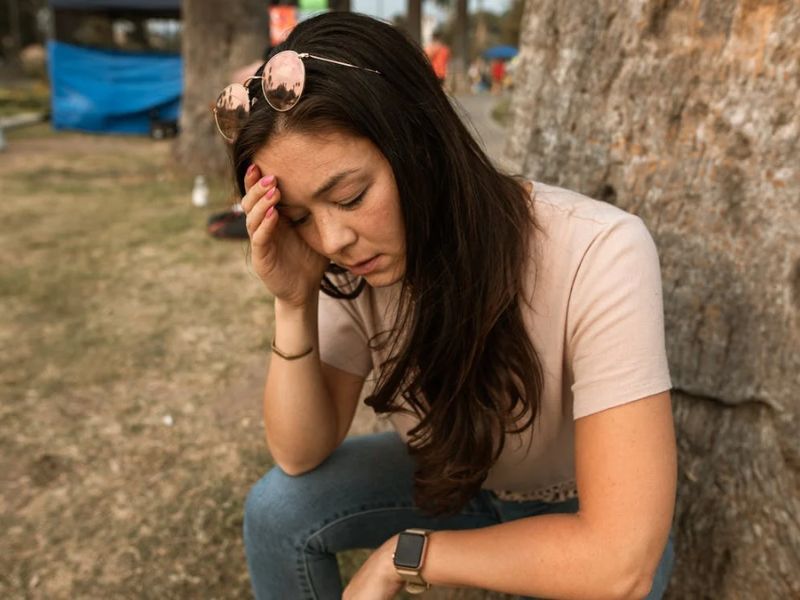Do you know the people who work hard to be better organized, more proactive, and more detail-oriented? Their appearances may resemble each other. However, if they experience anxiety on the inside, but it doesn’t prevent them from doing the things they like, they may have high-functioning anxiety.
A clinical instructor of psychiatry, Gauri Khurana, MD, says people with high-functioning anxiety can manage themselves in different situations but internalize the same symptoms as those with generalized anxiety disorder. Symptoms include impending doom, anxiety, chest pains, headaches, and stomach upset.

Image Credit: Pexels/Karolina Kaboompics
Is It Possible To Detect High-Functioning Anxiety?
Dr. Khurana says that some other signs of high-functioning anxiety include feeling like you can’t stop worrying internally, constantly imagining the worst outcome, experiencing panic attacks regularly, and appearing to have superpowers.
She said, “Internally, your mind and anxiety do not give you peace; there is always something to worry about. After work, when you get home, you are exhausted, and despite being tired, you cannot sleep because you are still worrying.”
Does Traditional Anxiety Differ From These Symptoms?
Dr. Khurana says psychiatric disorders have symptoms and severity on a spectrum. Some people find concentrating difficult because of sleep deprivation, sickness, or stress.
Dr. Khurana says people with traditional anxiety cannot redirect their thoughts. Their mental symptoms may spill over into physical symptoms such as shaking hands, hyperactivity, jaw clenching, and panic attacks.

Image Credit: Pexels/Mental Health America (MHA)
How Often Should You Get Mental Health Care?
Getting help for anxiety symptoms begins with talking to a mental health professional, Dr. Khurana suggests. She said, “Sometimes just acknowledging that you are putting an unreasonable amount of pressure on yourself helps manage your life, so you don’t constantly feel overwhelmed.”
Dr. Khurana recommends discussing antidepressants for your anxiety; you may also need to seek treatment from a psychiatrist or general practitioner who can prescribe them if a few months of therapy do not seem to be helping sufficiently.